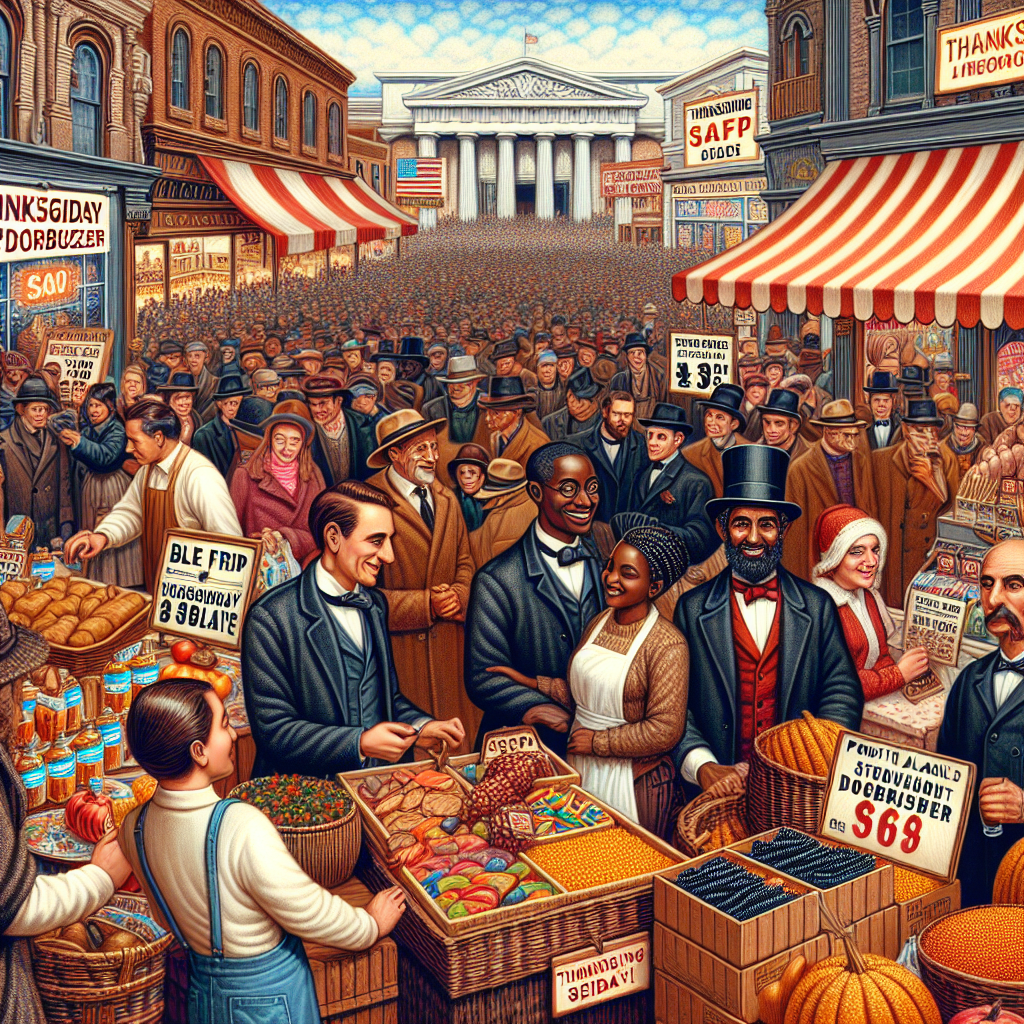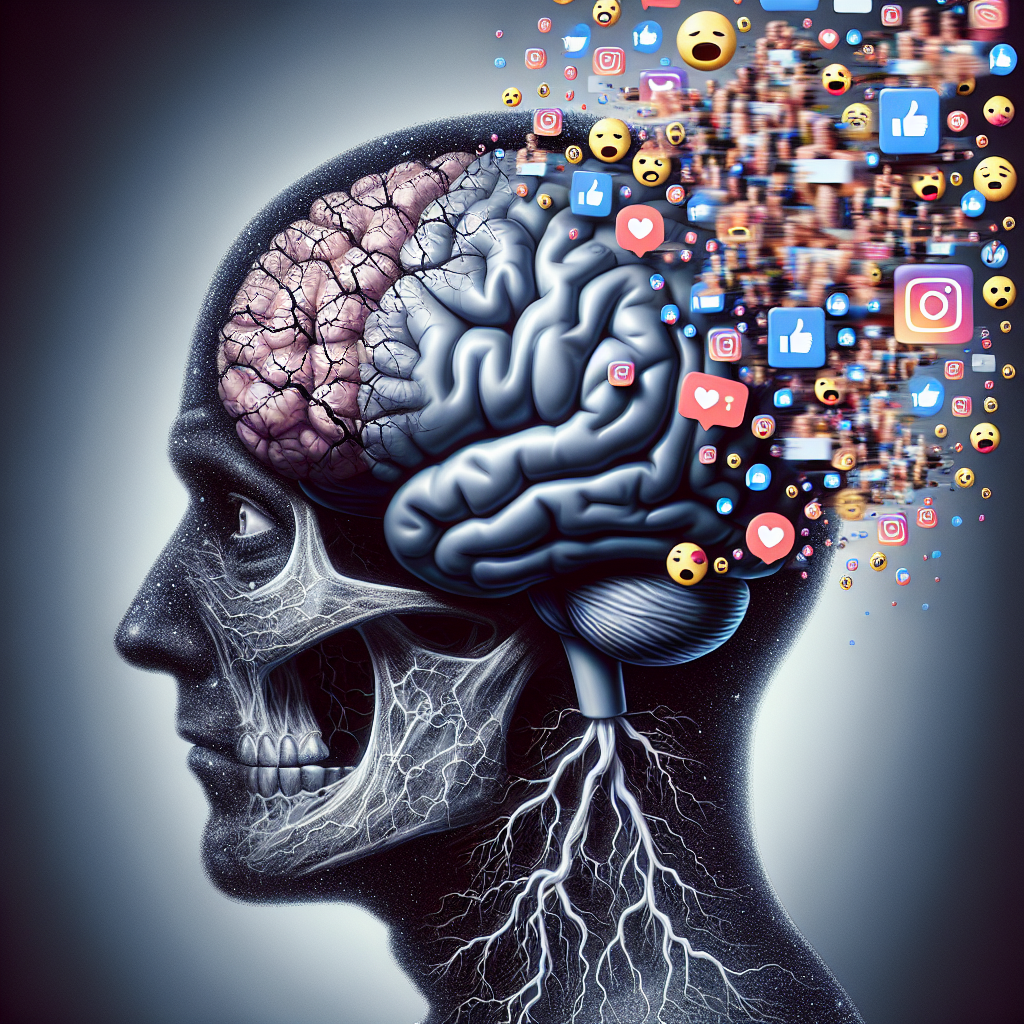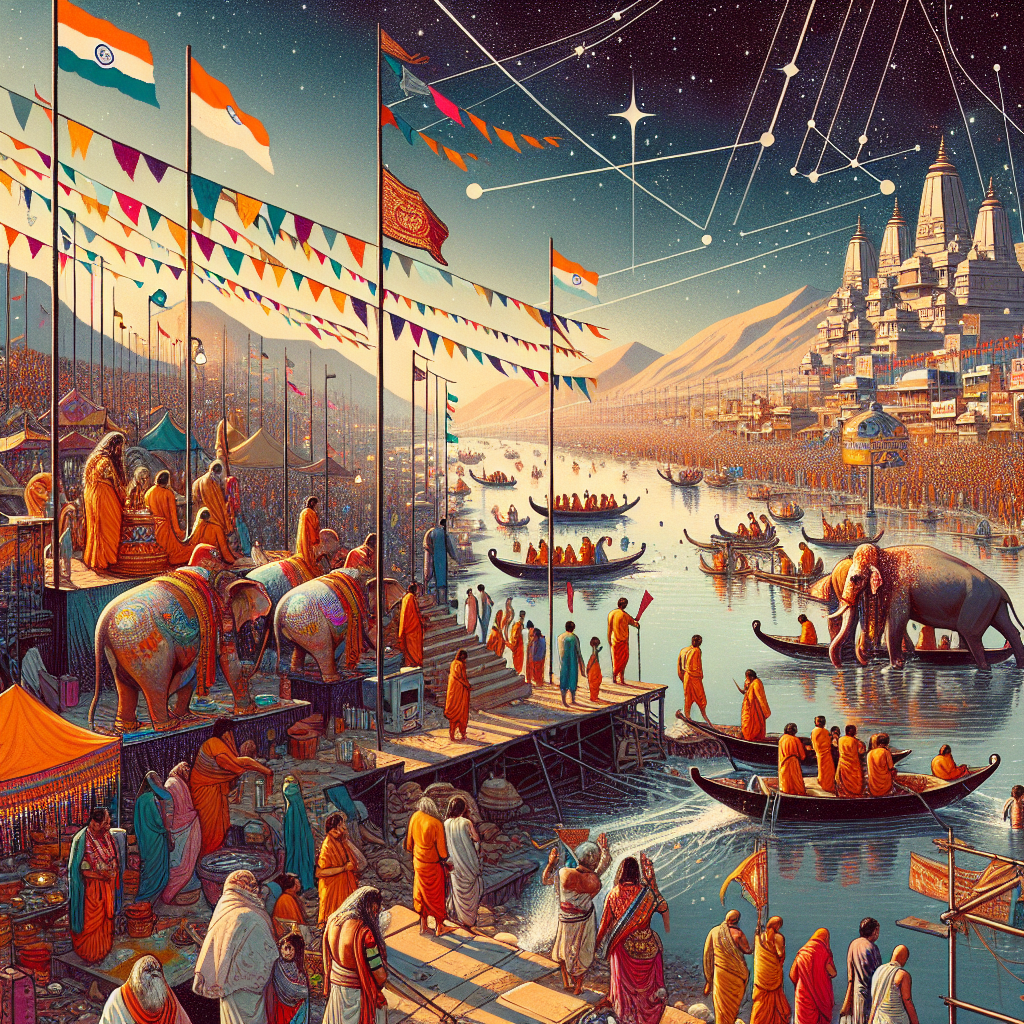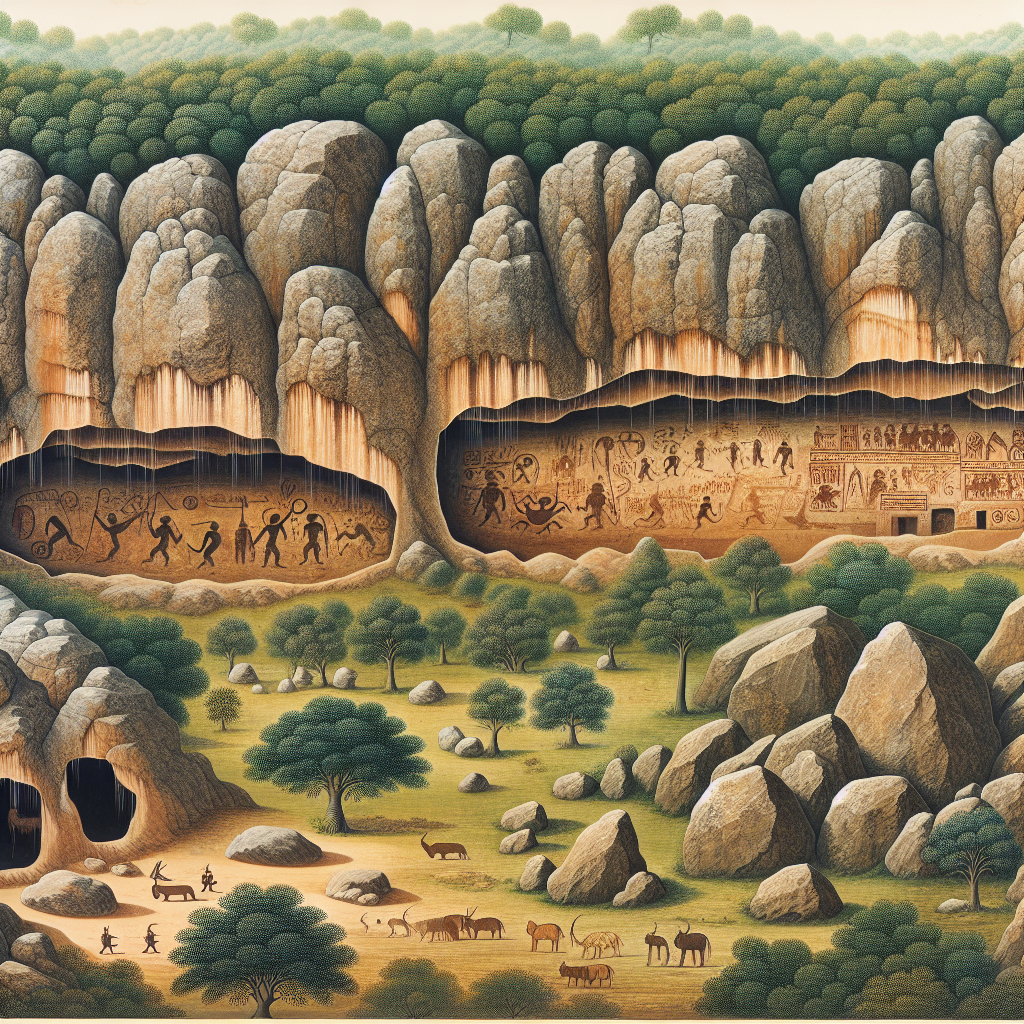Why We Celebrate Black Friday: Origins and Traditions of the Day
1. Historical Significance
Black Friday originates from the 1960s in Philadelphia, where police used the term to describe the chaotic day after Thanksgiving when massive crowds of shoppers flooded the city. Over time, its meaning evolved to represent the beginning of the Christmas shopping season. Retailers capitalize on this phenomenon, drawing in consumers with enticing deals.
2. Consumerism and Shopping Deals
The primary reason for the celebration of Black Friday is the exceptional discounts offered by retailers. Shoppers wait for this day to purchase gifts for the holiday season at significantly reduced prices. This consumer behavior contributes to the day’s festivities, driving people to stores and online platforms in large numbers.
3. Cultural Tradition
In many households, participating in Black Friday shopping has become a tradition. Families and friends often plan their shopping trips together, making it a social event. This communal aspect enhances its appeal, as people share the excitement of hunting for bargains.
4. Online Shopping Boom
With the rise of e-commerce, Black Friday has expanded beyond physical stores to the digital realm. Many consumers now prefer to shop online, taking advantage of exclusive online deals. This shift has resulted in an increase in participation, as people can enjoy the sales from the comfort of their own homes.
5. Kickoff to the Holiday Season
Black Friday signifies the official start of the holiday shopping season in many cultures. This day is closely associated with festive preparations, such as decorating homes and planning for gatherings. It sets the tone for the upcoming holiday celebrations, making it a day of anticipation and joy for shoppers.




Post Comment